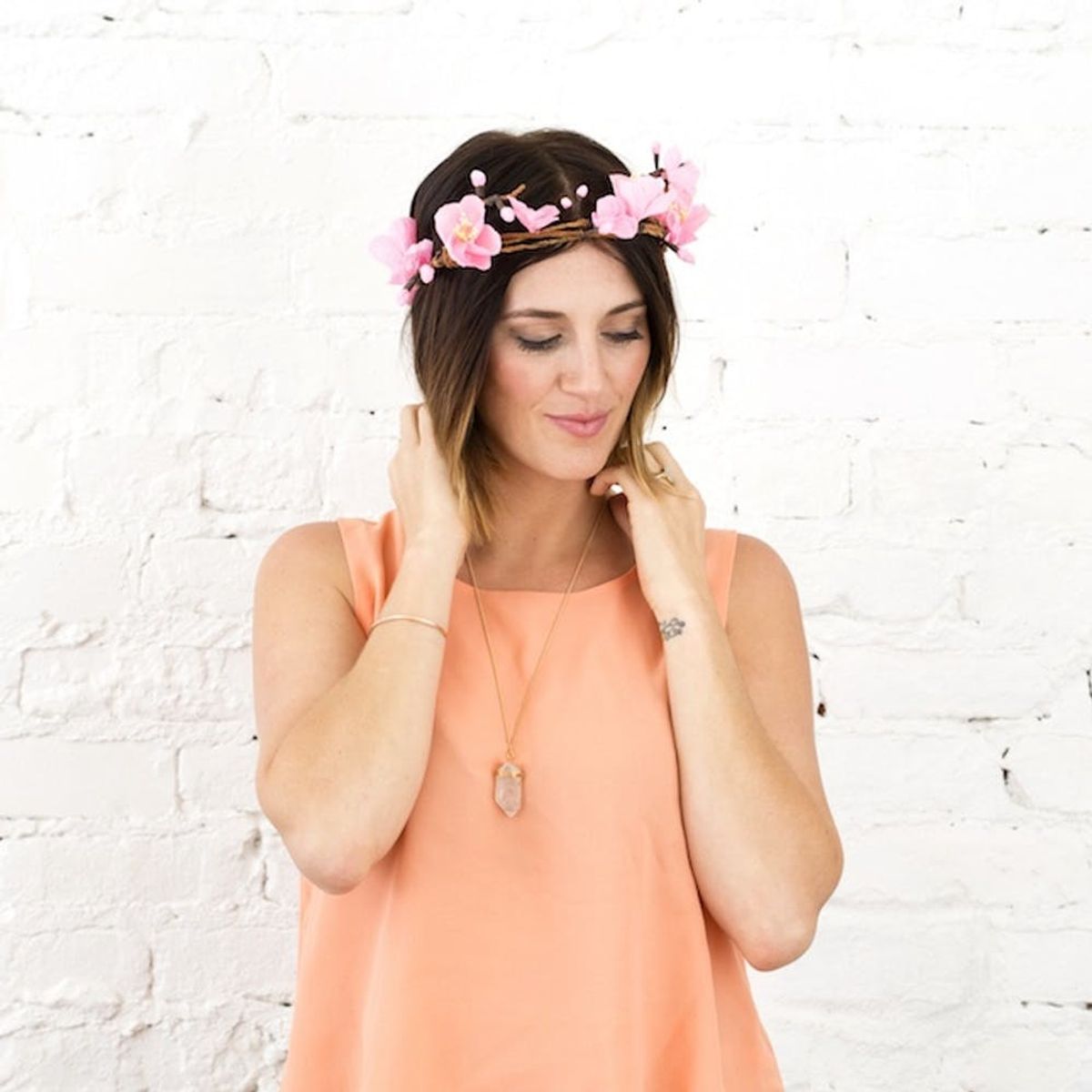Want to Be More Creative? Do This 1 Easy Thing

It seems like the whole world is chasing that ever illusive trait: creativity. Experts have suggested everything from hacking into our creativity while we sleep to living abroad as a way to enhance your creativity, but now, researchers are suggesting something a little more simple. We already know that daydreaming makes us more creative, but apparently if you make an effort to focus that daydreaming on yourself, you might see big results. A new study out of the University of Georgia found that visualizing yourself as a creative “artist type” is a surefire way to amp up your creativity.
The researchers call it the “creative stereotype effect.” Here’s how they explain it in the study: “Methods of stimulating creativity in science, engineering, business, the arts and the humanities have leaped to the forefront of political, economic and research agendas across the world. In general, the effectiveness of these methods of stimulating creativity stem from tasks that remove self or socially-imposed constraints on creative thinking. In this investigation, we conceptualize a previously unidentified constraint on creativity — stereotypes.”
In other words, they looked at the effect imagining oneself as a creative genius (think David Bowie or Beyoncé) has on a person’s creative output. First they gave participants a task, which was to come up with uses for everyday objects. Then, they had some participants imagine themselves as a stereotypical eccentric poet and others as a rigid librarian. The results were clear: The participants who imagined themselves as eccentric poets came up with more and more original uses for the objects than their counterparts. Whoa!
In their conclusion, the researchers suggest that their results could explain why we’re so worried about declining creativity — and it has a lot to do with the way our school and professional systems test people. “In any system that places an emphasis on test-scores, test takers may feel compelled to adopt a rigid perspective when performing a creative task. Therefore creativity may not be declining, rather test takers may be adopting a more and rigid perspective or stereotype, hindering their performance.” This research could have a major impact on how we structure our day-to-day lives, and the lives of kids.
Do you think imagining yourself as a creative type would boost YOUR creativity? Tweet us your thoughts @BritandCo!


















